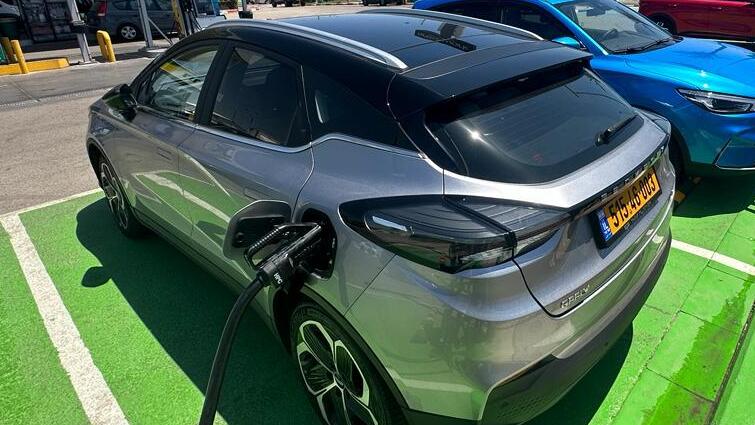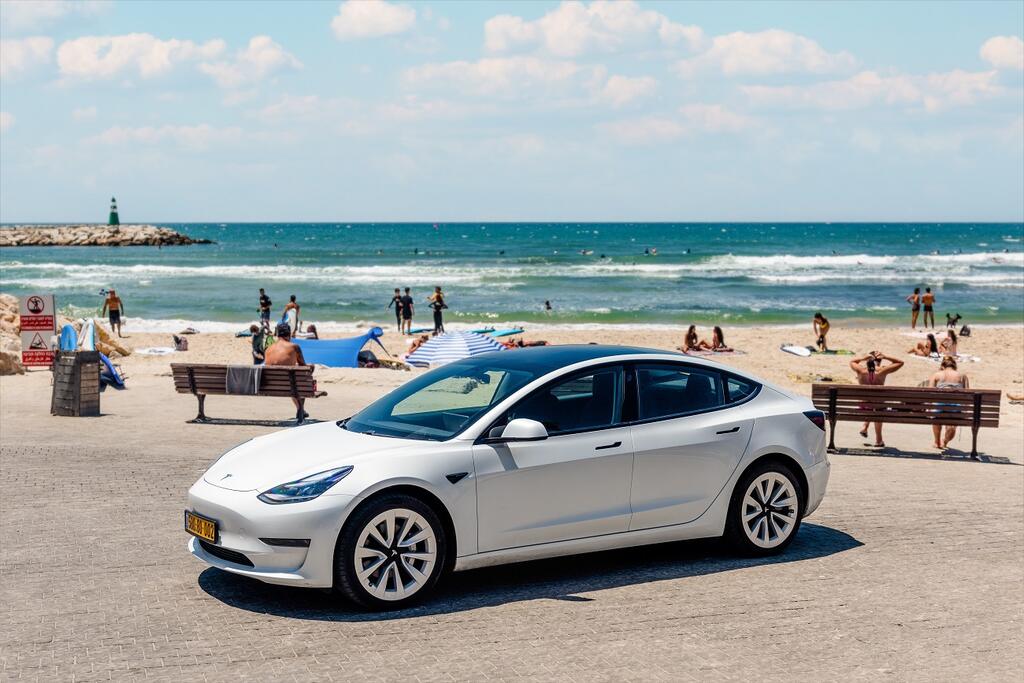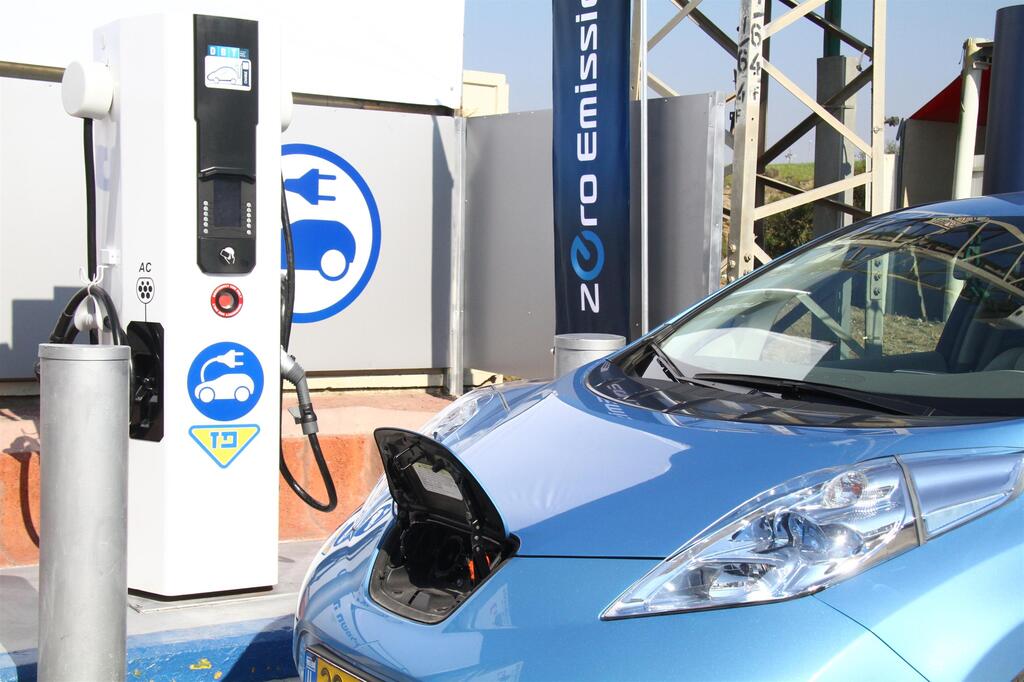The Rabbinical Assembly, an organization of Conservative rabbis in the U.S. and the second-largest Jewish denomination in the country after the Reform Movement, approved a preliminary decision to allow travel by electric car during Shabbat (a sacred day in the Jewish faith).
More stories:
The decision was made following extensive debate with ultimately only 10 out of the committee's members voting in favor, while six voted against, and five abstained.
In the official statement made by the movement, the decision was explained for two reasons: Firstly, “Restoring Shabbat to a position of centrality in our lives is rendered all the more urgent in the 21st century with our incessant connection to electronic devices” Secondly: "Addressing the question of electric cars is necessary in order to be ahead of the curve. Electric vehicles are the future.”
The rabbis unanimously agreed that using an electric car on Shabbat for purposes unrelated to Shabbat observance constitutes a violation of the “spirit of the day of rest," but doesn’t necessarily involve an action that is completely prohibited by Jewish law, such as work or labor.
It should be noted that this isn’t the first time that the matter of vehicular travel has been a point of contention in the Jewish community. Back in 1950, with the spread of suburbanization in the U.S., the Conservative Movement adopted a rabbinic opinion saying that driving to the synagogue on Shabbat was permissible for those who had no other options to get there.
The decision at that time was not explicitly written to state that driving to the synagogue was approved according to Jewish law, but rather that it was appropriate to accept this leniency in order to ease Shabbat observance by the public. The decision was considered a landmark one as it allowed many Jews to move to distant suburbs, where walking to the synagogue was nearly impossible.
However, not everyone in the movement saw the decision in a positive light: the Conservative Movement in Israel rejected the stance entirely, claiming that it was less relevant to the way of life in Israel compared to the U.S.
The challenges of using cars on Shabbat according to Jewish law are numerous and varied: beyond a fire created by the engine's ignition, – forbidden on Shabbat, there was concern that a person might drive beyond the boundaries of their community's marked boundaries - "eruv," for example, or be tempted to perform repairs on the car – both of which are prohibited on Shabbat.
While electric cars allow circumventing the prohibition on driving to prevent igniting a fire, other halachic concerns regarding driving long distances or needing repairs still apply. Therefore, even the new regulation that approves the use of electric cars still encourages drivers to stay within the boundaries of the "eruv" and to only use the car for Shabbat-related purposes.
In the same conference, a second rabbinic opinion was also adopted, which leans towards a more traditional approach in all matters related to Shabbat observance and recommends avoiding the use of gas or any electrical appliances, even for activities such as visiting synagogues.
However, this regulation also acknowledges that in special emergency situations, electric vehicles can be used for Shabbat-related purposes.
In practice, the data show that the influence of the rabbinic opinions of the modern Jewish movements on the lives of many Jews in the United States is limited when it comes to cars. Many travel to their synagogues - which are suffering a sharp decline in attendance over the past decades, out of necessity and few actually rely on the movement’s regulatory decisions to guide their daily lives.
"Every rabbi, every community, and every individual seeking halachic guidance has an approach to the answer provided by the Rabbinical Assembly. It’s possible to choose to be guided by the conclusions of one article or another, as long as it passed the committee’s approval," Rabbi Amy Levin, the President of the Rabbinical Assembly in Israel and a prominent figure within the movement, said.





